“And now, in my old age, don’t set me aside. Don’t abandon
me when my strength is failing.” Psalm 71:9, NLT
In the busyness of life, it can be easy to forget those who
have walked in our shoes. We may get annoyed that our day is interrupted as
someone slowly attempts to complete a routine task. And in a culture that
idolizes youth and beauty, lines on a face or gray hair can make someone feel
less valuable or that they no longer contribute to a world that seems to be
quickly passing by. But to God, each person is of infinite value.
For 50 years, Doug and his wife, Helga, have lived out this
truth. Though a tutor by profession, he found his calling bringing God’s love
to people others might not even notice. Whether it’s to someone tucked away in
a nursing home or rehab center or to a person in a halfway house or addictions
program, Doug has devoted his life to bringing God’s Word to the often
forgotten.
“It doesn’t matter who we are, God has a calling for each of
us. He has a desire for us to become more like him and to share him with a
world that needs to hear his Word,” said Doug. “Every Christian is called to be
a blessing to others, and I have found my calling.”
Each month, Doug visits at least fifteen nursing homes. As
he went from facility to facility, one thing he noticed was the lack of Bibles
with text large enough for the residents to read.
“At one of the facilities, the activities cart had the
largest Bible I had ever seen. It was enormous! I asked the activities person
about it, and she said when a person requested a Bible they wheeled the cart
into the room and read to him or her,” said Doug. “That day I knew I needed to
do something. Many of these people needed the comfort of the Word of God right
next to them and shouldn’t have to wait for someone to wheel in a cart to engage
with God’s Word.”
With the help of Tyndale House Publishers, Doug was able to
create a Giant Print New Testament and Psalms special edition. In less than two
years, he has personally given out 8,000 of these Bibles and is working with
nursing home ministers to distribute additional Bibles to people in residential
facilities in several states.
“The New Living Translation really conveys the warmth and
intimate love God has for each us. It is so well received by the residents
everywhere I go. Not just the nursing homes but also the halfway houses and addictions
and rehabilitation centers. People of all ages can relate and understand it.
Throughout the text, you feel God’s persevering love for us,” said Doug.
Even at 78 years old, he doesn’t have plans to slow down. Doug
is part of a softball team, and when he is on his way to tournaments, he brings
several copies of the special edition Bible to drop off at nursing homes and
centers he passes on his way.
“Every time I talk to a resident at a nursing home or share
a Bible with a staff member, I know the privilege of being able to share God’s
love with them. These are divine appointments, and I never take that for
granted.”
His passion for sharing the Word of God is encouraging others
to share God’s love too.
“There are several homes where the residents have started
their own Bible studies since they each have a Bible they can read. Others feel
more confident sharing what God is doing in their lives with a Bible right
there next to them,” said Doug. “God’s Spirit is in each of us, and we need to
be the funnel for God’s love to be shown to everyone we come in contact with.”


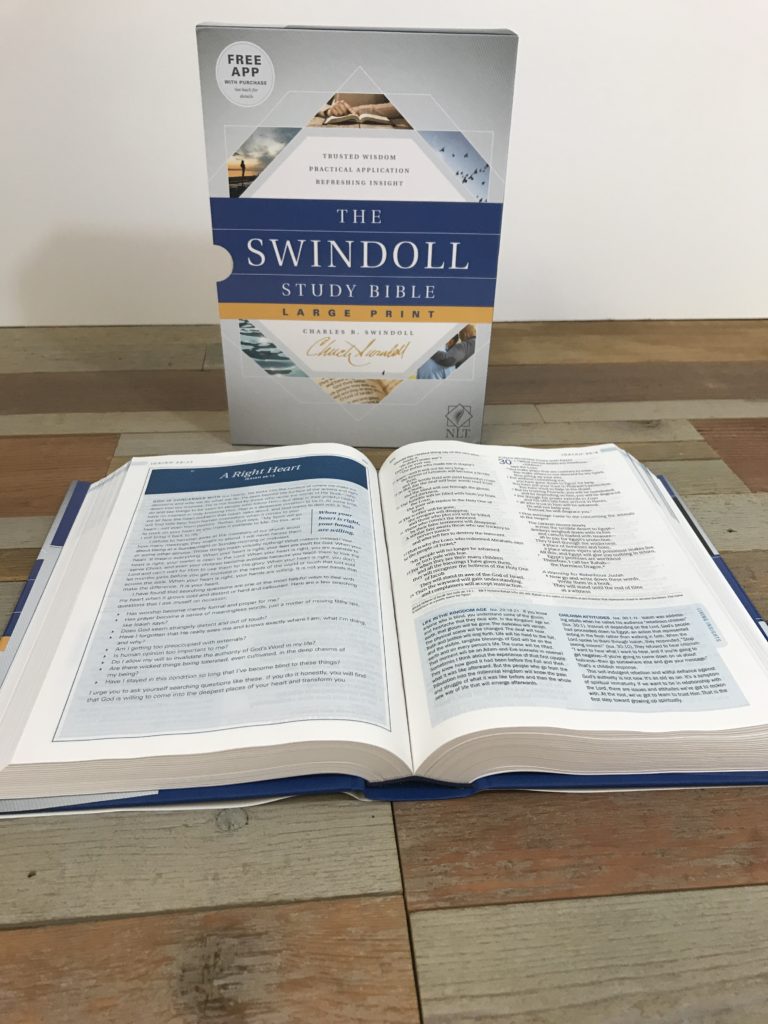














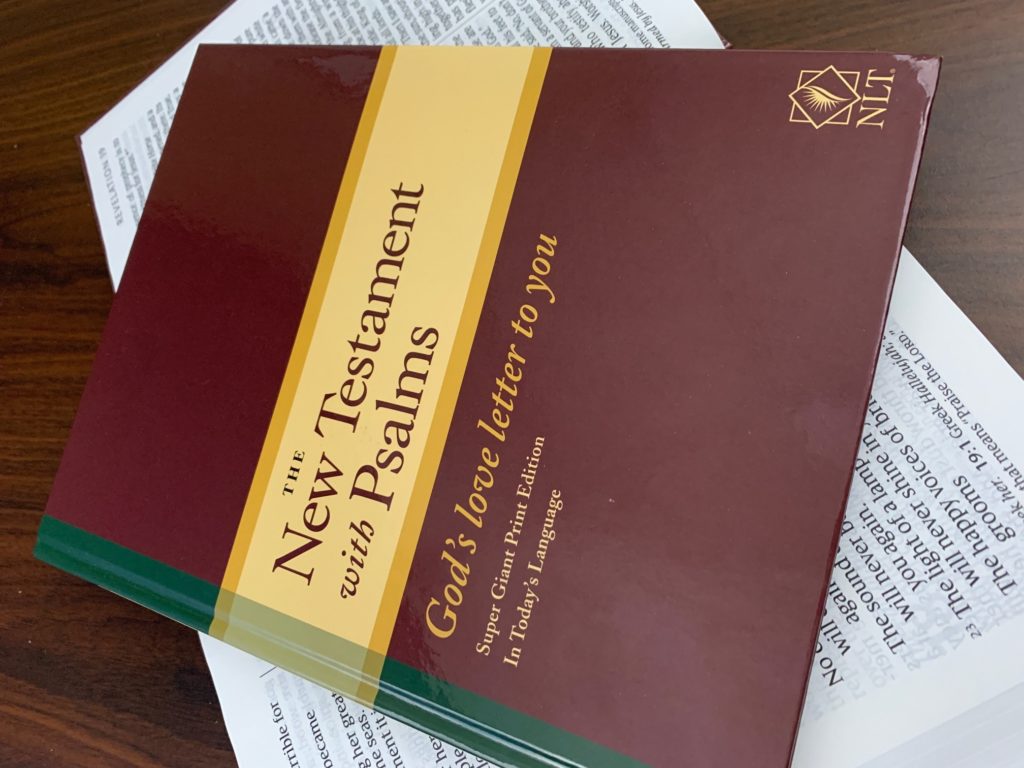
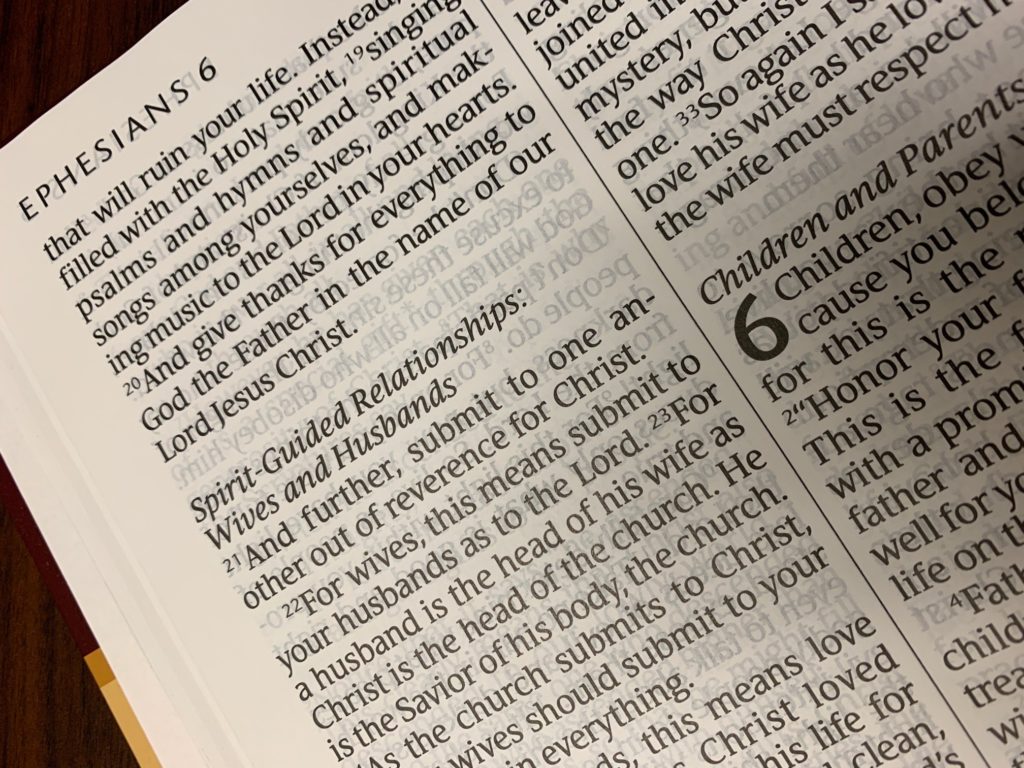




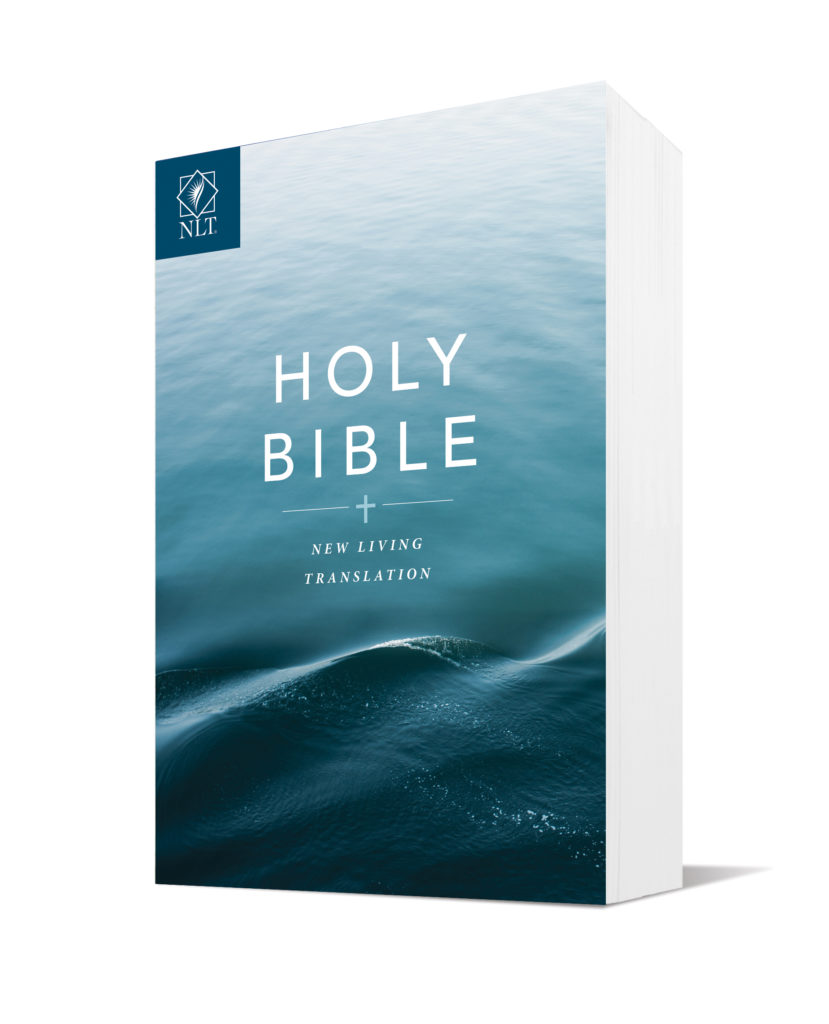


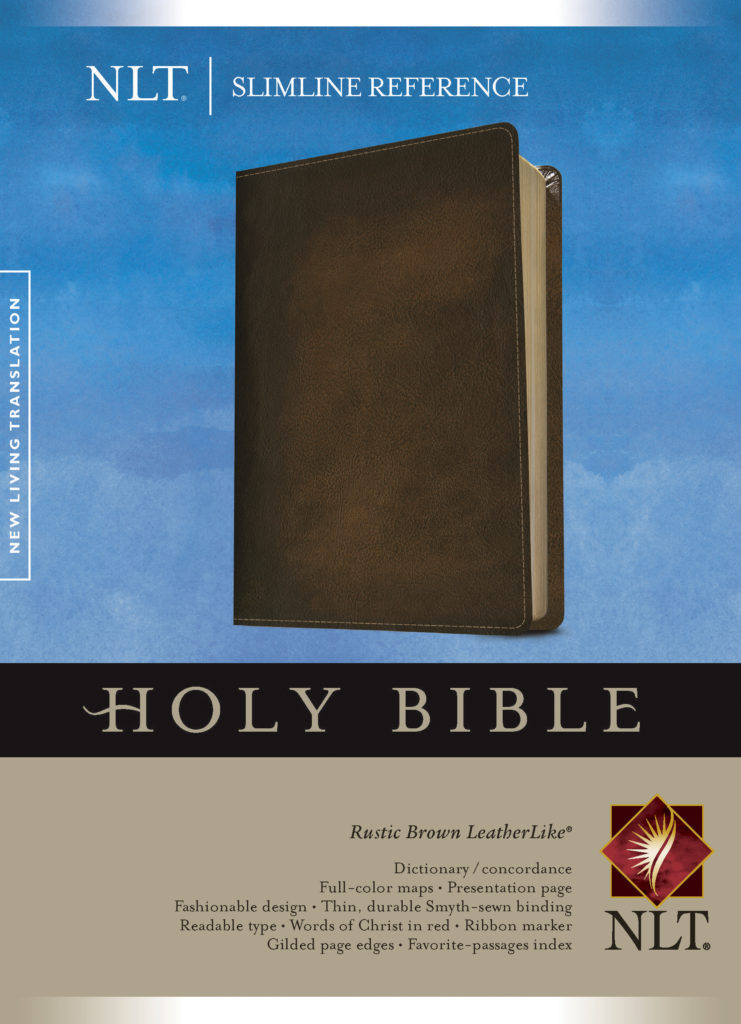


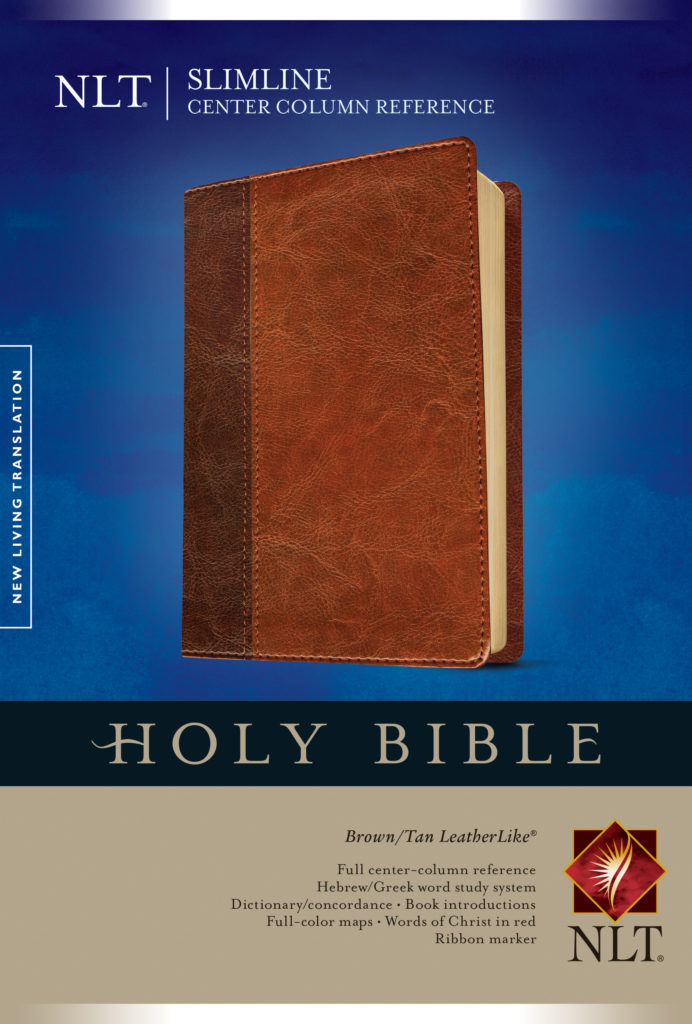
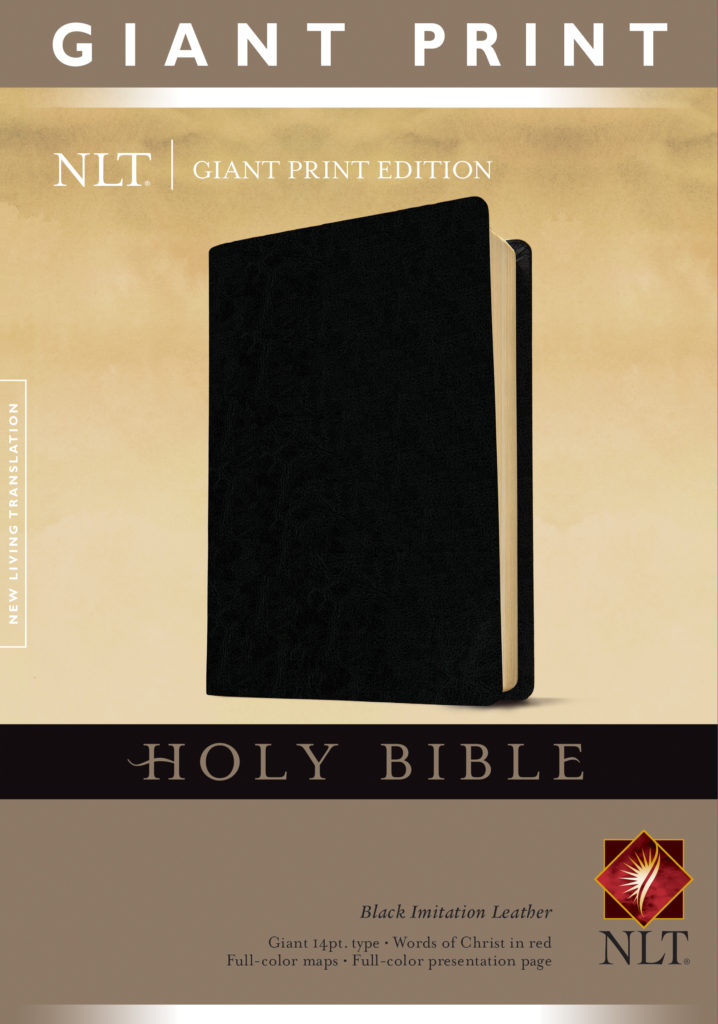

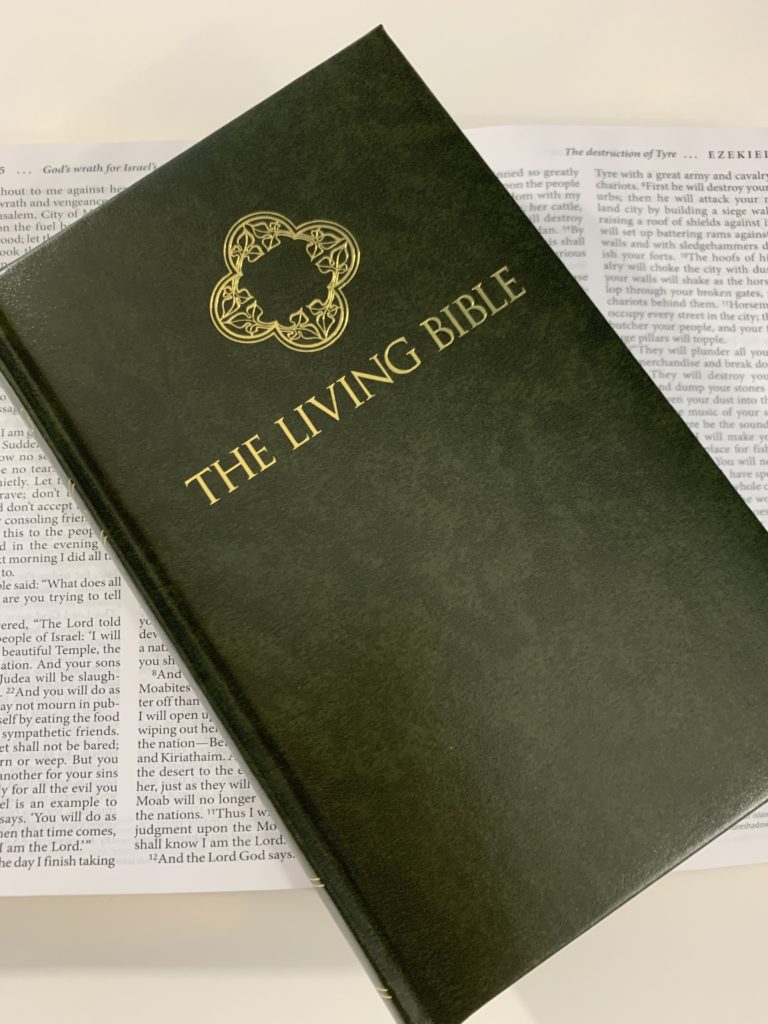


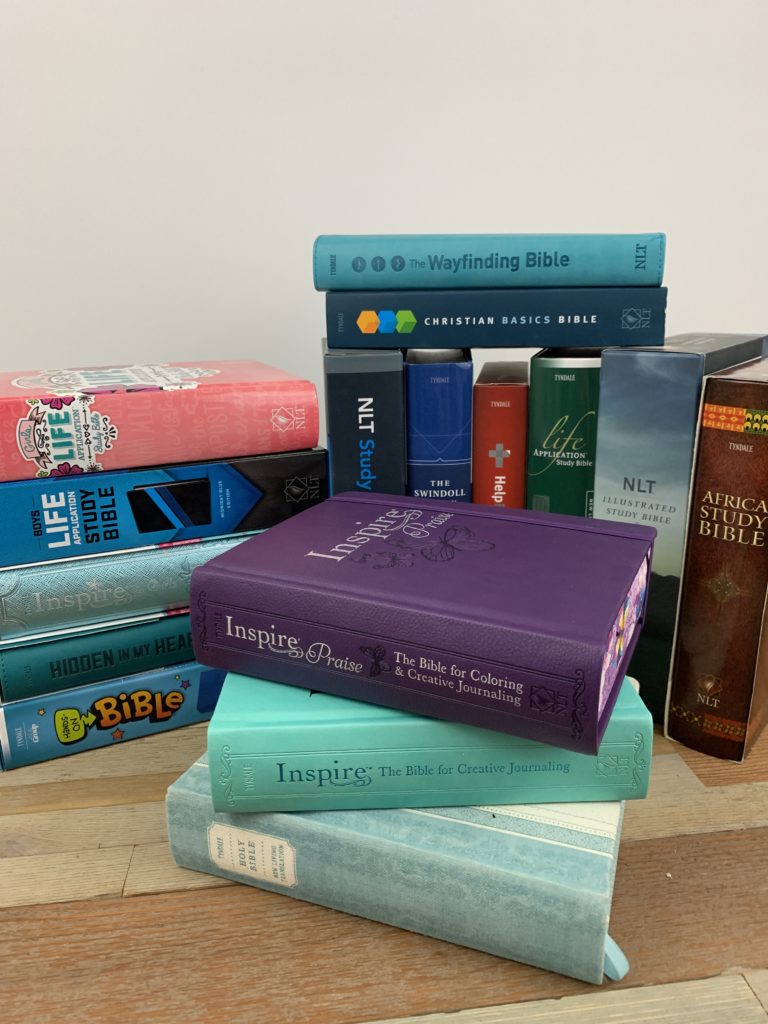
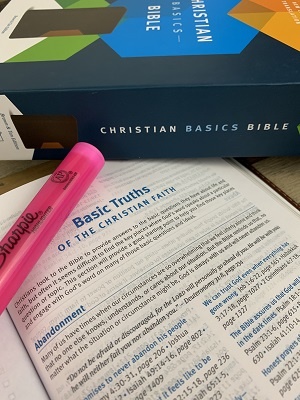





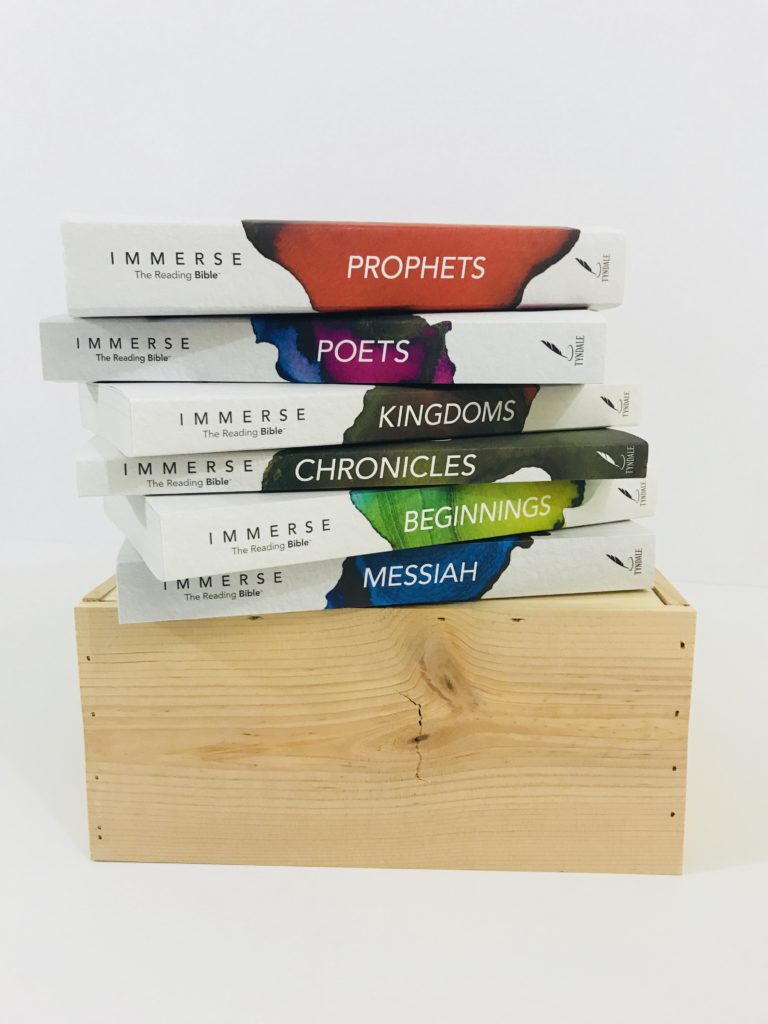
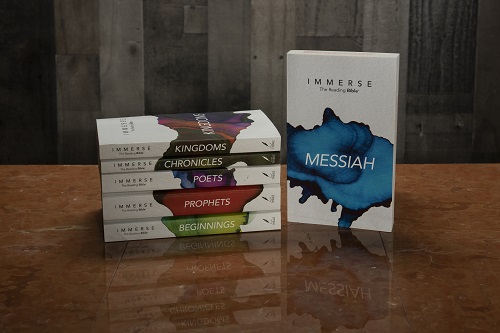

Recent Comments